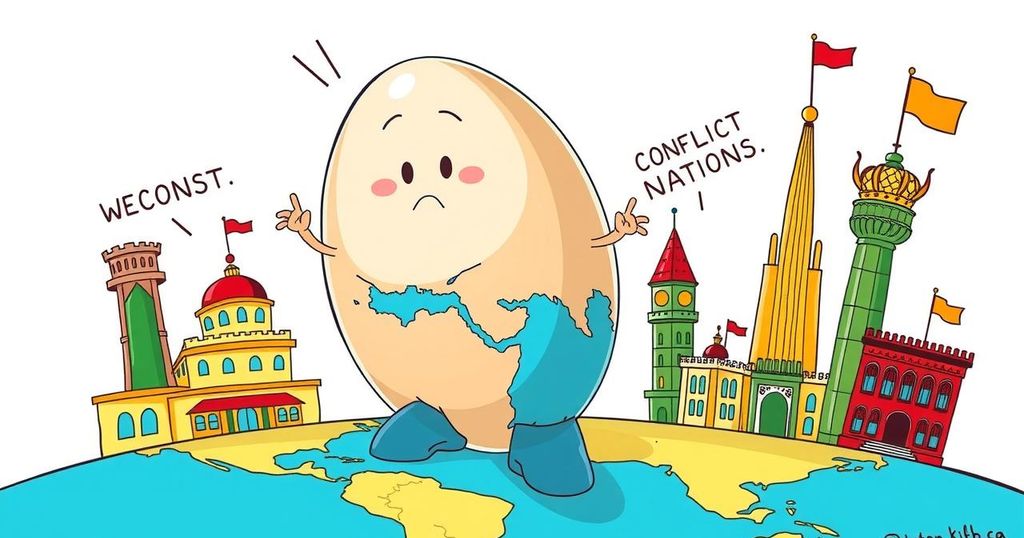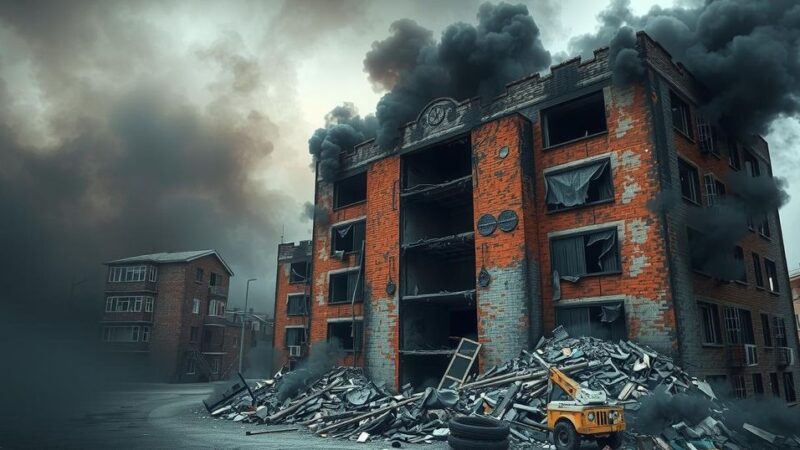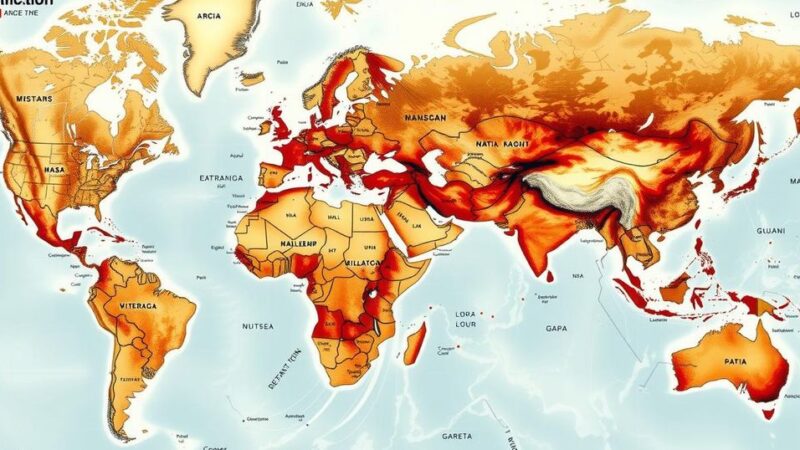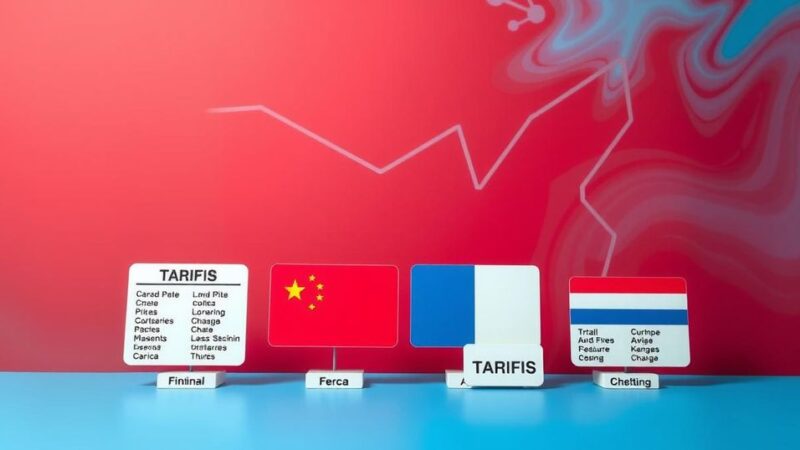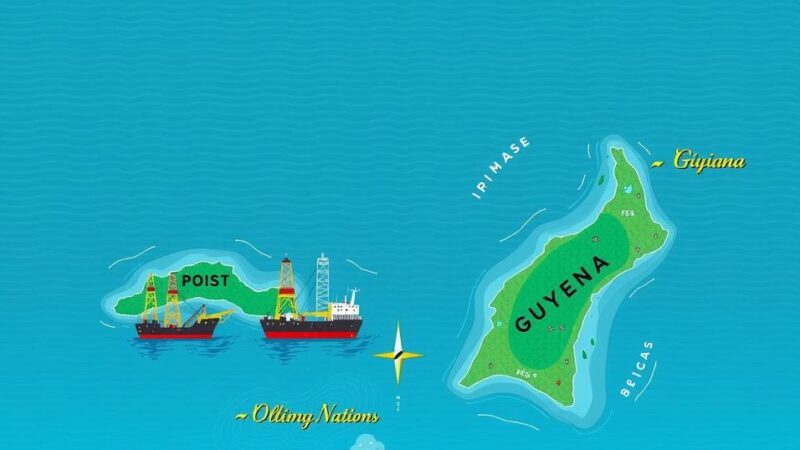Shashi Tharoor conceded he misjudged India’s stance on the Russia-Ukraine war, now recognizing the diplomatic leverage it provides. He highlighted the possibility for India to contribute as a peacekeeper if a consensus is reached, given Russia’s rejection of NATO peacekeepers. Tharoor noted India’s extensive experience in peacekeeping to assert its role in global stability.
Congress leader Shashi Tharoor acknowledged his previous criticism of India’s position regarding the Russia-Ukraine conflict, stating it left him with “egg on my face.” He expressed that the adopted policy has enabled India to play a significant role in pursuing lasting peace in the region. Tharoor had called for a condemnation of Russia’s aggression when the war began, emphasizing the violations of international law at that time.
During the Raisina Dialogue, Tharoor reflected on his parliamentary opposition to India’s stance, citing the breaches of the UN charter and the principle of national sovereignty that Russia had committed. He remarked that India’s diplomatic balance has allowed its Prime Minister to be welcomed by both Ukraine and Russia in swift succession. This unique position, according to Tharoor, enhances India’s potential influence on peace negotiations.
He expressed that should a consensus be reached for peace between Russia and Ukraine, there may be a willingness within India to deploy peacekeeping forces, diverging from European nations. Tharoor observed that Russia has clearly stated it does not accept peacekeepers from NATO countries. He believed that there would be less resistance compared to past instances, like the opposition to sending troops to Iraq in 2003.
Having participated in over 49 peacekeeping missions, India’s commitment to maintaining global stability is well recognized, Tharoor commented. While he could not officially represent government views as an opposition leader, he indicated that India could play a constructive role if the situation calls for it.
In summary, Shashi Tharoor has acknowledged his past criticism of India’s position during the Russia-Ukraine war, recognizing the effectiveness of the current policy in enabling India’s unique diplomatic role. He emphasized the potential for India to contribute to peacekeeping efforts if an agreement is reached between Russia and Ukraine, referencing the country’s historical commitment to peacekeeping missions. Tharoor’s comments suggest a shift in perspective regarding India’s international responsibilities and opportunities.
Original Source: www.ndtv.com
